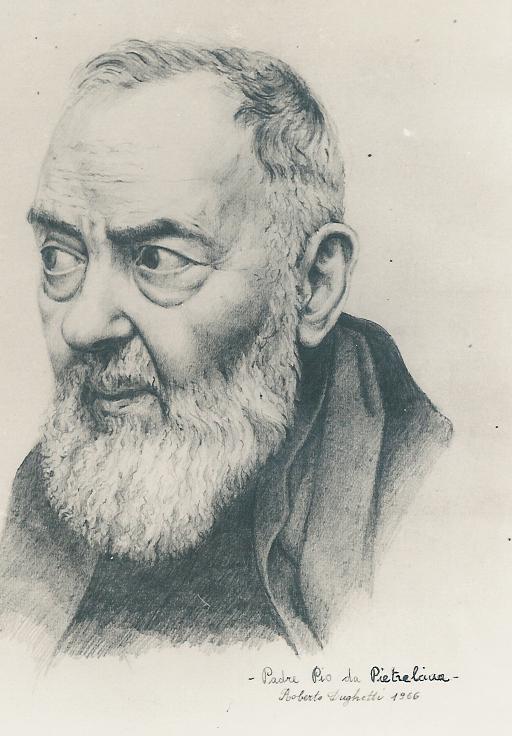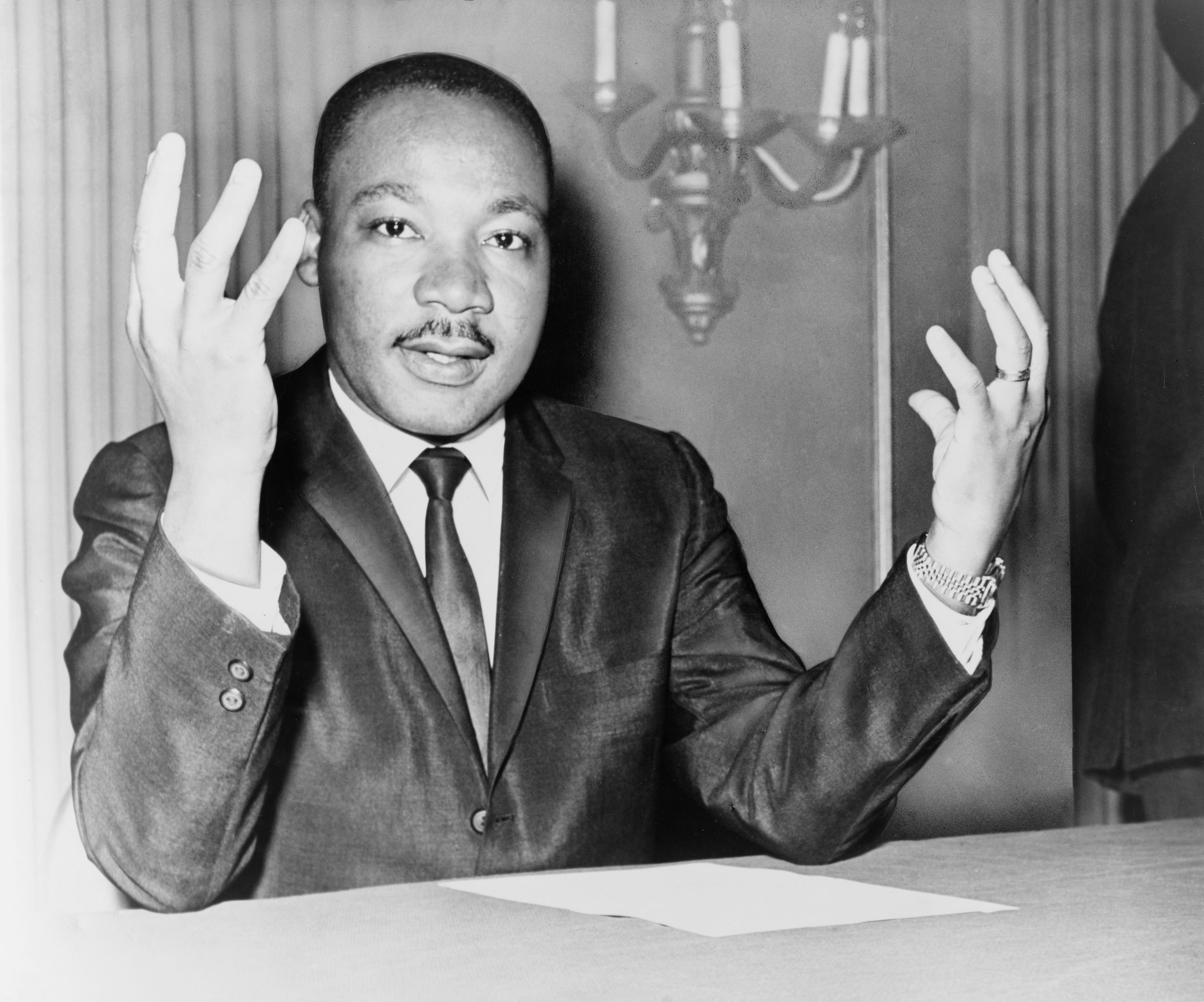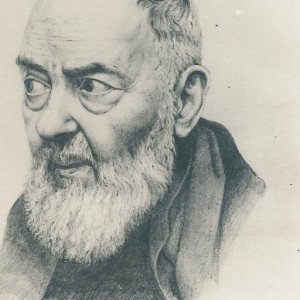 |
| Padre Pio de Pietrelcina |
Some time ago, I wrote a post on why we Catholics call our priests “Father.” In a nutshell, this is a recognition of the priest’s spiritual fatherhood. St. Paul sets the pattern for this in 1 Cor. 4:15, when he tells Timothy, “I became your father through the Gospel.” The typical objection to this title is based on Jesus’ words in Matthew 23:9 (“call no man your father upon the earth: for one is your Father, which is in heaven”). But these words aren’t meant to be taken literally, as passages like Matthew 1:2, Mt. 10:37, Mark 10:29, Ephesians 6:2, James 2:21, and Romans 9:10 make clear.
Rather, Jesus is telling us in Matthew 23:9 to have no allegiances apart from Him. So it’s right to have St. Paul as a spiritual father (1 Cor. 4:15), but not in such a way that it turns into factionalism that damages or diminishes the Body of Christ (1 Cor. 1:12-13).
Let’s say you think Matthew 23:9 has to be taken literally to forbid the use of “Father,” at least as a title or honorific. What options does that leave you with, exactly?
Well, most Protestants use a title like “Reverend” or “Doctor,” or perhaps “Pastor” to refer to their spiritual leaders. But “Reverend” comes from the word for “revered,” and literally means “One who is to be respected” or “One who is to be revered.” Are Protestants comfortable embracing that? After all, St. Peter tells us that “God is no respecter of persons” (Acts 10:34). And, of course, the exact same Protestants who attack Catholics for using the title Father also attack Catholics for revering anyone other than God, saying things like “A definition of ‘venerate’ is ‘to regard with respect or reverence.’ Nowhere in the Bible are we told to revere anyone but God alone.” So the folks who reject “Father” can’t really substitute “Reverend” in its place.
What about “Pastor,” then? Well, Christ says in the New Covenant, “there shall be one fold, and one shepherd” (John 10:16). Taking this literally would seem to foreclose the use of “Pastor,” too.
 |
| The Reverend Doctor Martin Luther King, Jr. |
“Doctor” fares the worst, since it comes from the Latin word for “teacher.” That is, it falls under the exact same prohibition as “Father.” Here’s what Jesus says in Matthew 23:8-9 (NIV),
But you are not to be called ‘Rabbi,’ for you have one Teacher, and you are all brothers. 9 And do not call anyone on earth ‘father,’ for you have one Father, and he is in heaven. 10 Nor are you to be called instructors, for you have one Instructor, the Messiah.
And the same passage in the KJV:
8But be not ye called Rabbi: for one is your Master, even Christ; and all ye are brethren. 9And call no man your father upon the earth: for one is your Father, which is in heaven. 10Neither be ye called masters: for one is your Master, even Christ.
And as John 20:16 explains, “Rabbi” means “Teacher.” So, then, someone claiming that we have to take the middle part of this passage as a literal ban on the title “Father,” can’t replace it with a title meaning “Teacher” without engaging in some pretty brazen hypocrisy. So “Doctor” is out, as well.
Well, perhaps we could just get rid of the special title, and go with a simple “Mister,” instead? Nope. Mister is a variation on the title “Master”, which Christ condemns in this very same passage.
You get my point.
Thankfully, the New Testament shows no signs of this legalistic neurosis. Abraham is described throughout the New Testament as “Father Abraham” (Luke 16:24; Luke 16:30), “our father in the sight of God” (Rom. 4:17), and “Abraham our father” (James 2:21). Both St. Paul (Romans 4:11-18) and Jesus Christ (John 8:39) make clear that this title is due to Abraham being our father in faith, rather than a biological ancestor. That is, the New Testament does exactly what modern Catholics do: refers to spiritual leaders as “fathers.” That’s because we believe that all fatherhood comes from God (Ephesians 3:15). So every father, spiritual or biological, shares in some sense in God’s singular Fatherhood. Thus, Matthew 23 is violated only if you set up a rival fatherhood or a rival authority to God’s.
Christ isn’t calling us to some letter of the law obedience to use and not use certain words. He’s reminding us that in the end, there’s only one true Father, Pastor, Teacher, Master, Lord. The clergy are called to cooperate in God’s leadership, not compete against it. Following a rival father, pastor, teacher, master, or lord is what’s forbidden. That’s what Matthew 23:8-10 is about. On the other hand, Christ says to those He commissions: “he that hears you, hears Me.” (Lk 10:16). So the authentic clergy of Christ are not a threat to God, since they’re the ways He makes His Fatherhood visible in the world. And it’s right that we should follow the New Testament practice of calling such men “Father,” as a result.

This is now the go-to piece on the subject! Thank you!
It must be nap time for those out west with kids. (I’m guessing because of the time difference you’re posting as soon as you get off work which is perfect for us out-west people. I promise I’m not stalking to try to be the first commenter.)
Yes, yes, yes. I totally love your argument. It gets to the heart of the problem with the “can’t use Father.” It’s following the letter of the law not the spirit of the law; something that St. Paul warned against.
Can I use your argument if it ever comes up?
I finally came to terms with this recently when someone commented that Jesus was using hyperbole when He said ‘call no man father’ – similar to when He said to poke out your right eye if it causes you to sin. But this post really ‘heads off all the other objections at the pass.’
Perhaps when Jesus said “call no man your father upon the earth” he was not referring primarily or exclusively to an ecclesiastical or honorific title, but to ancestral pride of patrimony/ancestry. The word father may be extended to ecclesiastical or honorific titles but the primary intention of the word is ancestral. It is common (but not essential) human behavior to set ourselves apart from the crowd; to expect – and even demand – special treatment from others (including God!) on the basis of our education, ancestry, or sociopolitical position: “I am uniquely qualified and have the certificates to prove it.” “Do you know who my father (grandfather, etc.) is?” “You are obviously unaware of who I am.” The immediate context (Matthew 28.2-12) and other elements of Jesus’ teaching (Matthew 3.9 (cf. Luke 3.8), John 3.1 ff, and John 8.39 ff to name a few) support such a reading of the text.
That’s a good insight. It would fit perfectly with stuff like Titus 3:9 and 1 Tim 1:4.
…love this! I am bookmarking this entire site (I really liked the Easter post as well)- great research
My contention is that Protestants calling their leaders “Pastor” is a violation of Christ’s “Call no man Father” principle, since it’s assigning a title of dignity where it doesn’t exist. (i.e. it’s self-appointed leadership)
If a priest begets spiritual children as the ordinary minister of baptism, then he is a parent just as the biological father is. He is also in keeping with the divine command,’increase and multiply’. The title father is wholly appropriate.
Why can’t the “Fathers” get married?
I would like to know …
It is not that they can’t get married, it is that the practice of the Church is that they aren’t married (normally) today. There are in fact married priests in the RCC, particularly those Anglican priests who have converted. One such example, of whose blog i love, is Fr. Z, check him out. I hope this helps.
In Christ
Cary
Hi Cary,
You might have Fr. Longenecker’s blog (Standing on my Head) in mind. Fr. Z’s blog is great, too, so the recommendation still stands!
God bless,
Danny
P.Rony,
They are married, spiritually, to the Church. They participate in the priesthood of Christ, including lifelong fidelity to the Church, the Bride of Christ (Eph. 5:25-27). By embracing the gift of celibacy, the priest is able to devote himself to Her with an undivided heart, as St. Paul describes in 1 Cor. 7:32-35.
We too often view clerical celibacy as a restriction, but understood properly, it’s a beautiful gift — just as marital monogamy is both a restriction and a gift.
I.X.,
Joe
Ready,
You are right, bad mistake on my part. Both are great!
Cary
Thanks y’all for all the answers
Well personally I disagreed with Priest not being able to get married to a woman, reason why is because Marriage was established by God and it is a divine union whenever is done under HIS blessing. When it comes to Bible, we all know that Aaron was the very first PRIEST assigned by God and Bible says:
Exodus 40:15 You shall anoint them, as you anointed their father, that they may minister to Me as priests; for their anointing shall surely be an everlasting priesthood throughout their generations.”
Therefore I think it’s wrong that the Roman Church does not allow the servants under their Ministry to have a divine union with a woman. You just answered one of my question on a different post “By the way thanks and I love the answer” and you mentioned the following:
“The man in Corinth needed discipline. That’s not a contradiction, that’s just a recognition that they were in different places”
You are talking about one of Paul’s letters to a Church with a specific case, when Paul is writing to this Church in 1 Corinthians 7:32-35 his not talking to the CHURCH IN GENERAL,
He also said this in the same Chapter: 1 Corinthians 7:6 I say this as a concession, not as a command.
We cannot take away the fact that this was a Man’s opinion based on the circumstances the Church was in, I understand that Serving our Savior is like getting married to HIM but the Lord never took away this privilege from HIS Priest. Paul is being very clear when it comes to having self control and this was never established as LAW.
When we read Leviticus 8, I like the fact that almost every single verse is closing with this sentence “as the Lord had commanded Moses”…..
Thanks for your time guys, and If y’all can continue adding more answers even better. I enjoy your knowledge and wisdom.
God Bless
God Bless